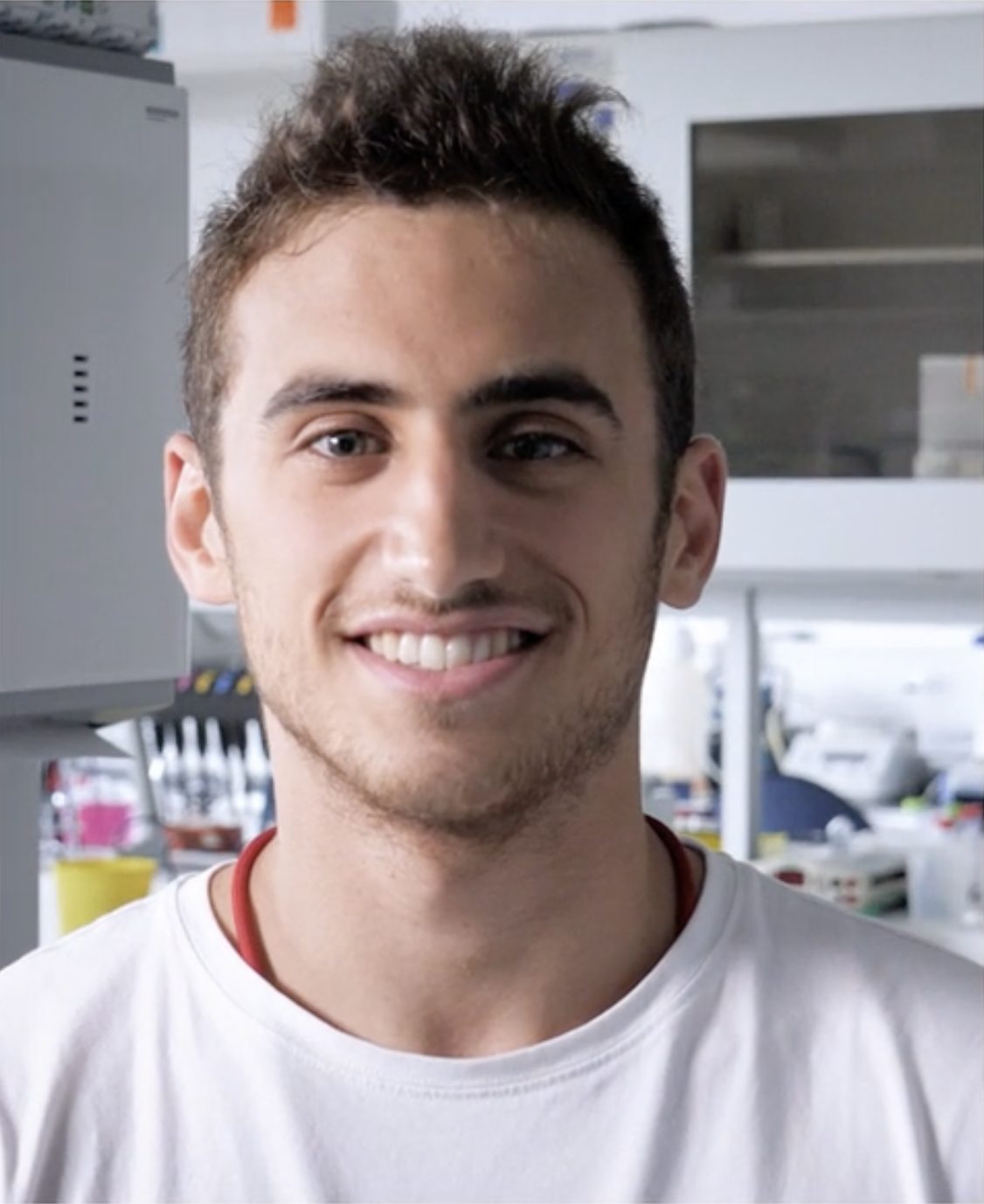Matteo Arnaudi
_______________________________________________________

MSc in Industrial Biotechnology
PhD @ Technical University of Denmark
Abstract
Classification of Variants of Unknown Significance (VUS) Predisposing to Cancer
Despite many studies focusing on predicting the pathogenic impacts of protein variants found at low frequency in the population to understand their relevance as predisposing factors to disease, several variants remain as Variants of Unknown Significance (VUS). Unveiling the consequences of these mutations at the molecular level and in a clinical setting could lead to remarkable advantages for the community for diagnostic purposes or clinical decisions. In this context, one of the great challenges is to dissect the complexity hidden in the mutational data provided by genomic studies with methods that allow to model the effects of the mutations on the protein structures and its cellular interactions.
The project will focus on analyzing different datasets including VUS found in patients and their families before the tumor developed and determine their role on the corresponding protein in terms of stability and functionality. The datasets have been provided by collaborators in Nordic hospitals or biomedical research centers. At first, we will also retain those mutations found in the samples provided by the hospitals that are also with low frequency in healthy individuals thanks to analysis of the gnomAD database. Subsequently, we will verify which of them can be defined as a VUS thanks to databases like ClinVar or similar resources. Subsequently, their impact on the corresponding protein will be quantified through structure based computational analysis in terms of protein stability, protein interactions, allosteric effects, and changes in regulations through Post Translational Modifications. These metrics will be used to score and rank the VUS either for effects on structural stability or function. The best candidates in terms of pathogenic impact will be validated experimentally by investigating properties related to structural stability or protein function cellular assays, such as assays for proteasomal degradation, aggregation, and co-immunoprecipitation.
The results achieved thanks to the project realization will lay the foundations for the development of an atlas annotating not only VUS but also their role at the molecular level. This feature will be remarkably supportive in a clinical setting to guide surveillance, prophylactic surgery, benefits estimation, and cancer treatment.
